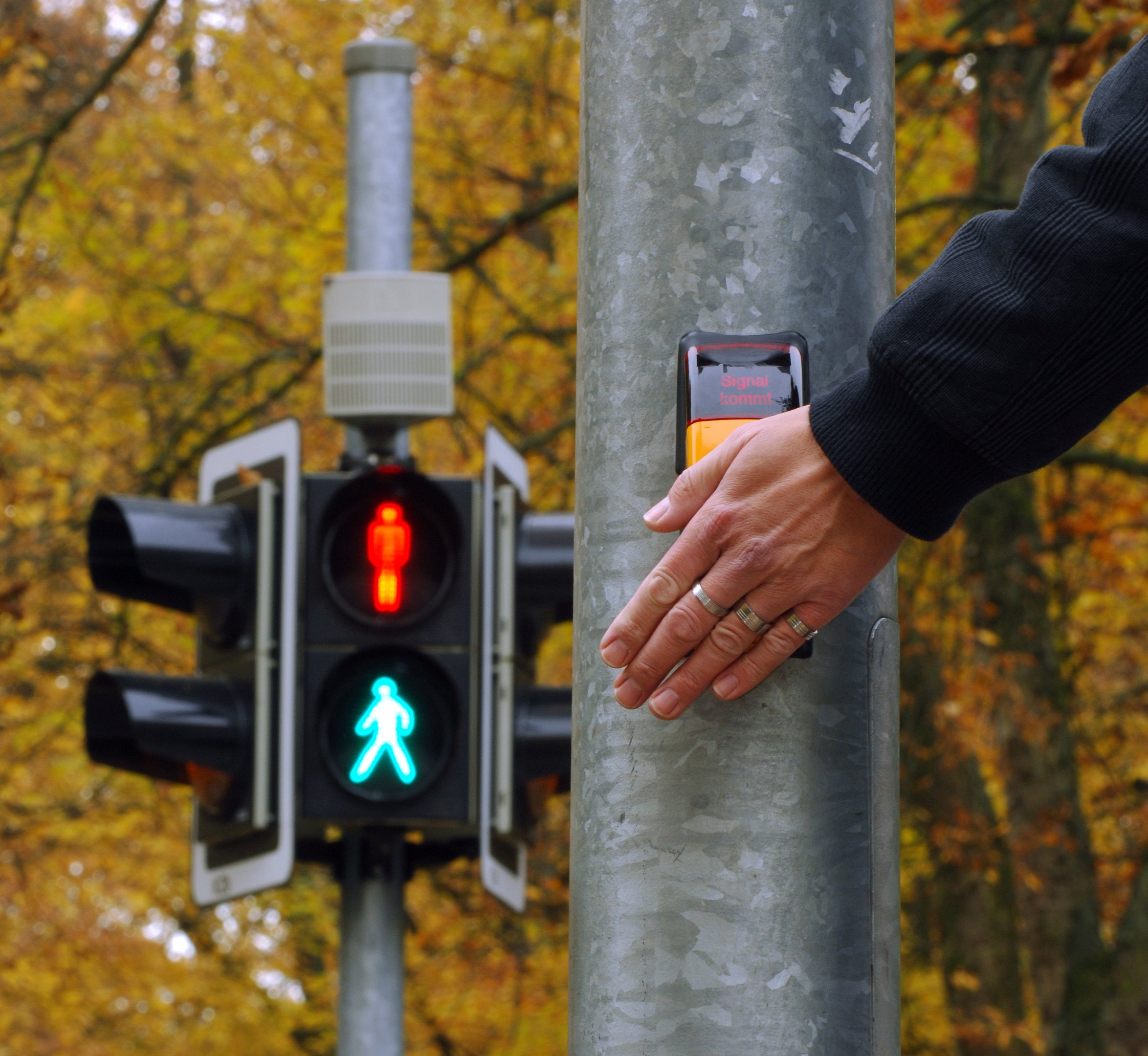
MSPs will be told on Thursday 5th October that patients and older people are being left isolated and embarrassed as they can’t cross the street in time.
The findings come will be presented by Glasgow Caledonian University‘s Professor Steultjens, who is due to give evidence to the Scottish Parliament’s Cross Party Group on Chronic Pain.
The problem has been identified as part of preparations for a large-scale £1.8m study to help improve posture, balance and stability for people with rheumatoid arthritis.
Prof. Steultjens said: “Specifically on the Green Man, crossing times at pedestrian lights are currently set in the expectation that a person is able to walk at a speed of 1.2m/s (roughly 2.7mph).
“Research by others has already shown that 85% of older women (age >65) cannot walk at this speed.”
‘A small change could have a massive impact’
“A small change to the timing on the Green Man light could have a massive impact to the lives of many and social participation.
“I do not feel this story about the many people suffering because of the Green Man is well enough known, and I think it is time that city centres consider whether they are catering for an ageing population and people who experience difficulties in walking.”
“We know from speaking to patients that the issue makes them feel embarrassed and unsafe and is leading to social isolation for many. People just don’t want to go into town anymore and this is one of the main reasons given.”
Researchers are investigating a new treatment for walking problems in arthritis, known as Gait rehabilitation, which has been proven to help patients with mobility issues resulting from neurological conditions.
The GREAT study in musculoskeletal health is led by Professor Steultjens and Dr Gordon Hendry and will work with Keele University, King’s College London, Salford University and the University of Glasgow. The study will publish its overall findings in 2022.

Enjoy the convenience of having The Sunday Post delivered as a digital ePaper straight to your smartphone, tablet or computer.
Subscribe for only £5.49 a month and enjoy all the benefits of the printed paper as a digital replica.
Subscribe